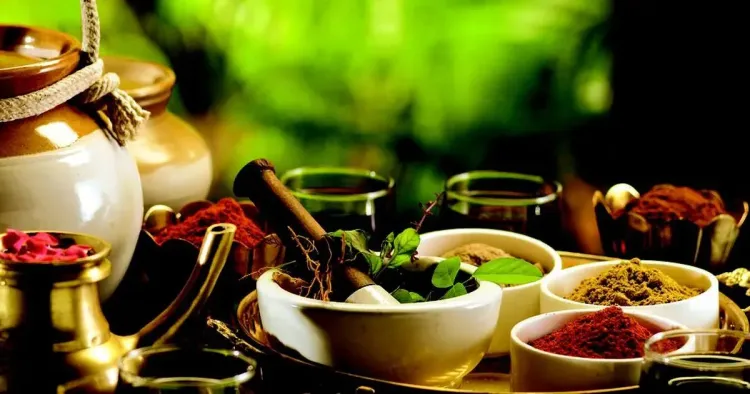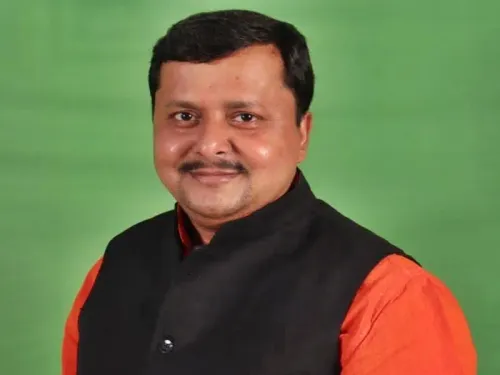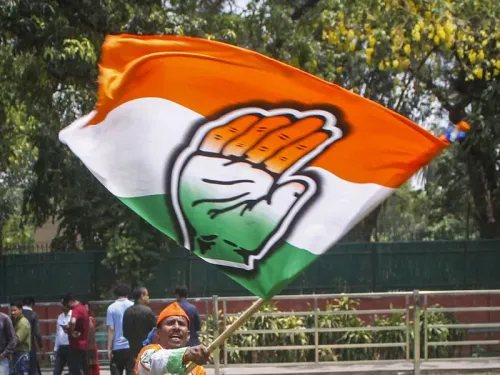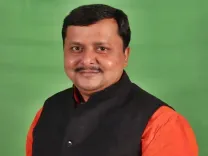Traditional Medicine from India in the Spotlight at Global Conference

Kuala Lumpur, Nov 28 (NationPress) India’s initiative to update traditional medicine (TM) using digital innovation took a prominent position at the 10th International Conference on Traditional and Complementary Medicine (INTRACOM) 2024 held in Malaysia, according to the Ayush Ministry.
A distinguished delegation from India presented the nation's pioneering contributions to the global progression of traditional medicine at the conference, which emphasized the transformative impact of digital technologies on healthcare practices in Traditional and Complementary Medicine.
During the event, Ayush Secretary Vaidya Rajesh Kotecha pointed out the successful completion of the ICD-11 TM2 module as a significant achievement in the systematic global documentation of TM practices. The International Classification of Diseases (ICD) 11th Revision serves as the worldwide standard for diagnostic health information.
The TM2 module includes 529 categories related to TM disorders and patterns. This will facilitate data collection and analysis on an unparalleled scale, as stated by the ministry.
“The ICD-11 TM2 module is set to transform traditional medicine by allowing standardized documentation of disorders, patterns, and services. This will assist in measuring outcomes, cost-effectiveness, safety, and comparisons with mainstream medicine, thereby fostering innovation and improving healthcare globally,” Kotecha explained.
In January, the World Health Organization (WHO) officially introduced the ICD 11, TM module 2, which integrates data and terminology from Ayurveda, Siddha, and Unani Medicine.
“India has already commenced national capacity-building initiatives for the implementation of the TM2 module, which includes training workshops in partnership with NCISM. We are dedicated to assisting WHO in developing Traditional Medicine codes within the International Classification of Health Interventions (ICHI) framework,” Kotecha stated.
“India has played a crucial role in its development, capitalizing on its rich traditional medicine systems—Ayurveda, Siddha, and Unani—which are supported by well-established practices and regulations,” noted the ministry.
The conference examined the integration of digital health technologies into TM, aligning with India’s leading efforts in this area.
Kotecha also emphasized India’s initiatives, including the creation of a National Digital Health Ecosystem under the Ayushman Bharat Digital Mission and the Namaste Portal, which aids in the seamless incorporation of TM practices into mainstream healthcare.
“The successful transition of the TM2 module to the ICD-11 main browser will represent another advancement in embedding Traditional Medicine into the global healthcare framework. Together, we can guarantee health for all,” Kotecha remarked, adding that the conference “strengthened India’s vision of modernizing TM through digital innovation, establishing it as a cornerstone of global health and wellbeing.”










